CHLOE is 35 years old, lives in SA and identifies as a person living with BPD.
What was your experience of receiving a diagnosis of BPD?
My BPD diagnosis was positive despite the swirling emotions that initially came along with it. I'm lucky to have a caring and helpful psychologist who communicated the diagnosis with consideration. My therapy began swiftly, and I was provided with information about BPD and treatment. Despite the initial overwhelming information, I learnt the possibility - and probability - for healing/recovering from BPD which proved I wasn't without hope (and help).
What would you like people newly experienced with BPD to know?
That it can feel overwhelming and lonely going through an initial diagnosis without reaching out. Don't be afraid to ask for help! There are people and services who you can reach out to in order to share the mental load and experience.
What did clinicians and mental health professionals do well to support you?
Having my therapist communicate my successes and reminding me of my progress and capacity was supportive. Encouraging words, reminders, care and validation helped to build up my self-esteem, which had taken a blow via stigma and self-stigma. Being referred to DBT group therapy was a support I experienced as foundational. Here I began to look beyond the label of BPD and learn life-changing skills.
What could clinicians and mental health professionals have done better to help you?
Having been diagnosed previously with depression, I believe that better, more up to date knowledge and awareness of BPD could have meant earlier intervention, treatment or therapy. I believe that many clinicians and health professionals still are not skilled at diagnosing. BPD is a mental health condition that doesn't discriminate. It can affect anyone regardless of circumstance, gender, race, education, family, beliefs, etc. Although a diagnostic criterion exists, the varying ways in which those living with BPD can experience and express symptoms really requires clinicians and professionals to engage in current, up to date research and actively listen to those with mental health conditions and lived experience.
What kind of psychological treatments worked well for you?
The combination of DBT skills group and individual therapy worked best. I regularly refer back to DBT program handouts and notes to refresh my skills. Continuing to attend therapy regularly even when I feel I’m managing well has been a key strategy for me to stay supported whilst living with BPD.
What other things have supported you to live well?
I love participating in Lived Experience DBT Art Skills group online. I find life worth living when focusing on self-care, contributing to my community, writing, caring for family and pets, journaling and taking time to be outside in nature.
Do you have any tips or tricks for managing distress or strong emotions you would like to share?
Creating artworks and reminders to then put up around me helps to stop spiralling or negative thoughts. Journaling and doing the 'morning pages' technique is helpful: I do this by setting aside time to journal only three pages. They are done stream of consciousness and without regard for spelling, neatness, subject. It helps to unscramble my emotions or worries by surfacing recurrent concerns or highlight primary emotions. Remembering that emotions come and go is helpful. My therapist taught me the analogy of a TV remaining unchanged by the programs it plays. A TV screen doesn't change form from program to program, it simply witnesses, and I can do that too!
What advice would you give to friends/family supporting someone with a diagnosis of BPD?
Your kindness and support matters more than you know. Seeing the people you love and support as people doing their absolute best through challenging mental health conditions is incredibly helpful. When the 'i' in illness is replaced by 'we', it becomes wellness! We cannot do necessary healing alone and are incredibly bolstered by the support of loved ones.
What are a few things you thought you might not have been able to do but you did anyway?!
Talk about my experience! For a long time accepting a diagnosis was difficult as I found I was living with stigma and self-stigma. Sharing my experiences and taking on board the wisdom gleaned via others who share within group experiences has encouraged me to embrace the parts of myself I felt were unacceptable or better hidden away. Accepting that I have lived a life with a BPD diagnosis allows me to help rewrite the dialogue and continue to challenge pre-existing, often harmful information about BPD.
